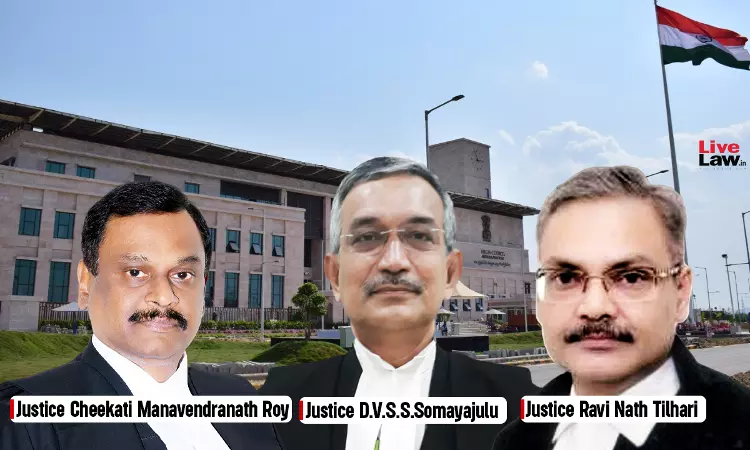Andhra Pradesh High Court Stays Construction Of Houses For Economically Weaker Sections In Amravati's R5 Zone
Fareedunnisa Huma
10 Aug 2023 12:23 PM IST

Next Story
10 Aug 2023 12:23 PM IST
The Andhra Pradesh High Court has stayed the further construction of houses for the economically weaker sections in R-5 Zone of the capital city of Amaravati."If the construction is completed it will be a fait accompli. The loss will be irreparable; Balance of convenience is in favour of maintaining the status quo with respect to the houses also till the final judicial orders are passed. ...
